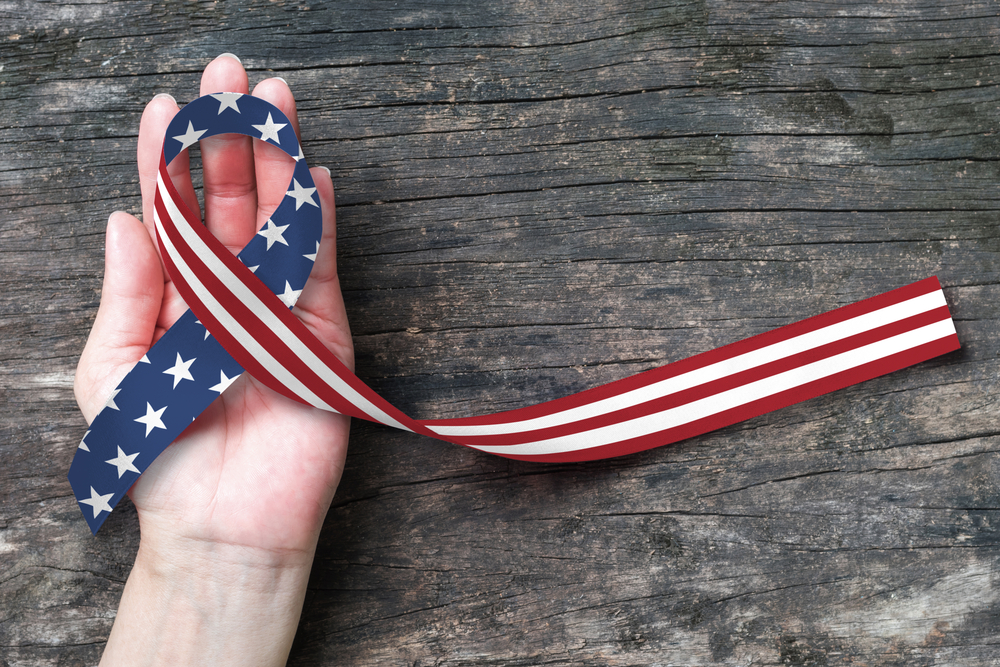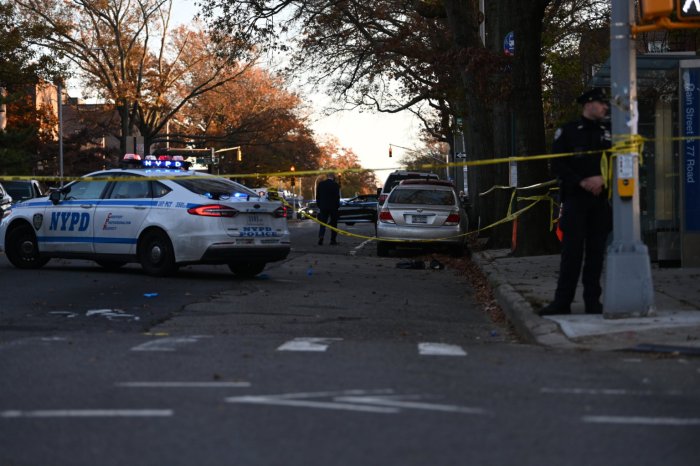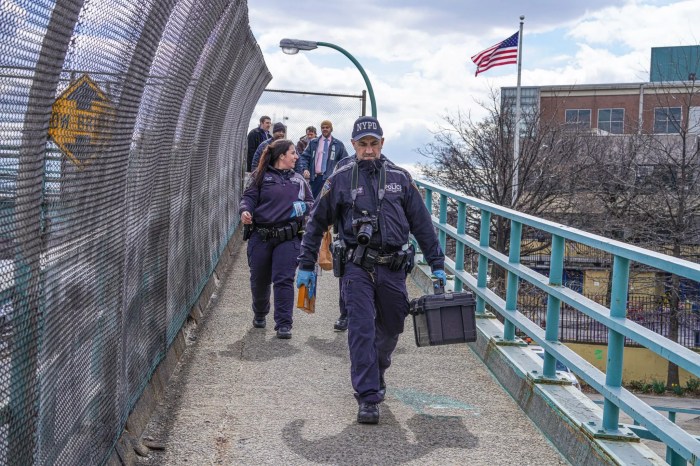Memorial Day is a time to remember those who have put their life on the line to defend our country in our armed forces. While a lot of people are remembering our soldiers, it is important to also remember their families.
Memorial Day can be a hard time for families of veterans or fallen soldiers. It can be a time for grieving, especially if they’ve lost someone in battle recently. That being said, everyone handles this time differently and what may work for some might not work for others.
“It’s okay to feel sad or any range of emotions on Memorial Day,” says Toby Weiss, hospice director of the We Honor Veterans and cultural sensitivity programs at MJHS. “Be sure to be around supportive people who are good listeners, willing to give you space and non-judgmental.”
There are many services that are available to families of fallen soldiers and veterans.
“There are a number of formal and informal supportive services available to families,” says Weiss. “Some are specific to when, where and how the deceased service–member served (wartime or peacetime, combat or noncombat, international or domestic.) Military bases often host spouse/partner activities, as do individual branches of service in different parts of the country. There are a number of Facebook and other social media/online support groups, too.”
There are a number of easy ways that the community can give back to the families of fallen soldier. In addition to the soldier’s spouse or partner, it is crucial to remember their children as well.
“A lot of people focus on the spouse/partner, but forget that children grieve,” says Weiss. “If a soldier died while on active duty and has younger children, consider raising money to send the children to summer camp or music lessons…some place or ongoing activity that will allow children to process feelings, and if needed, physically get away from sadness and range of feelings.”
According to Weiss, there are many ways that you can support the spouses or partners of fallen soldiers and veterans, including hosting listening groups or celebration events, mailing ‘thinking of you’ cards, or visiting the family.
Servicemen and women have different experiences, some may have been in combat while others had not. It’s necessary to remember not to generalize the experience and listen to the families.
“It’s important to remember that each person’s military experience is different,” says Weiss. “Be supportive and do not inject your views or opinions unless asked–especially because families may have mixed feelings about their loved one’s service and how it impacted family dynamics.”
If you or your family is in need of extra support, contact the Department of Veterans Services. Visit www.nyc.gov/veterans for more information. For more information about We Honor Veterans, visit www.wehonorveterans.org. For more information on MJHS, visit www.mjhs.org.






























